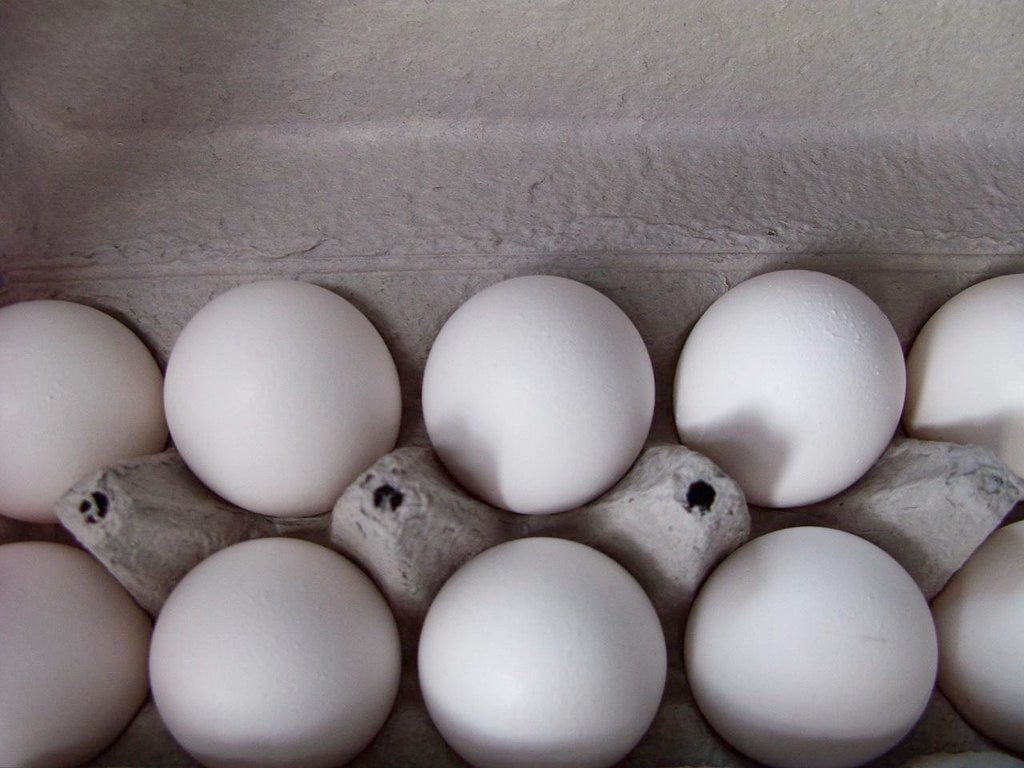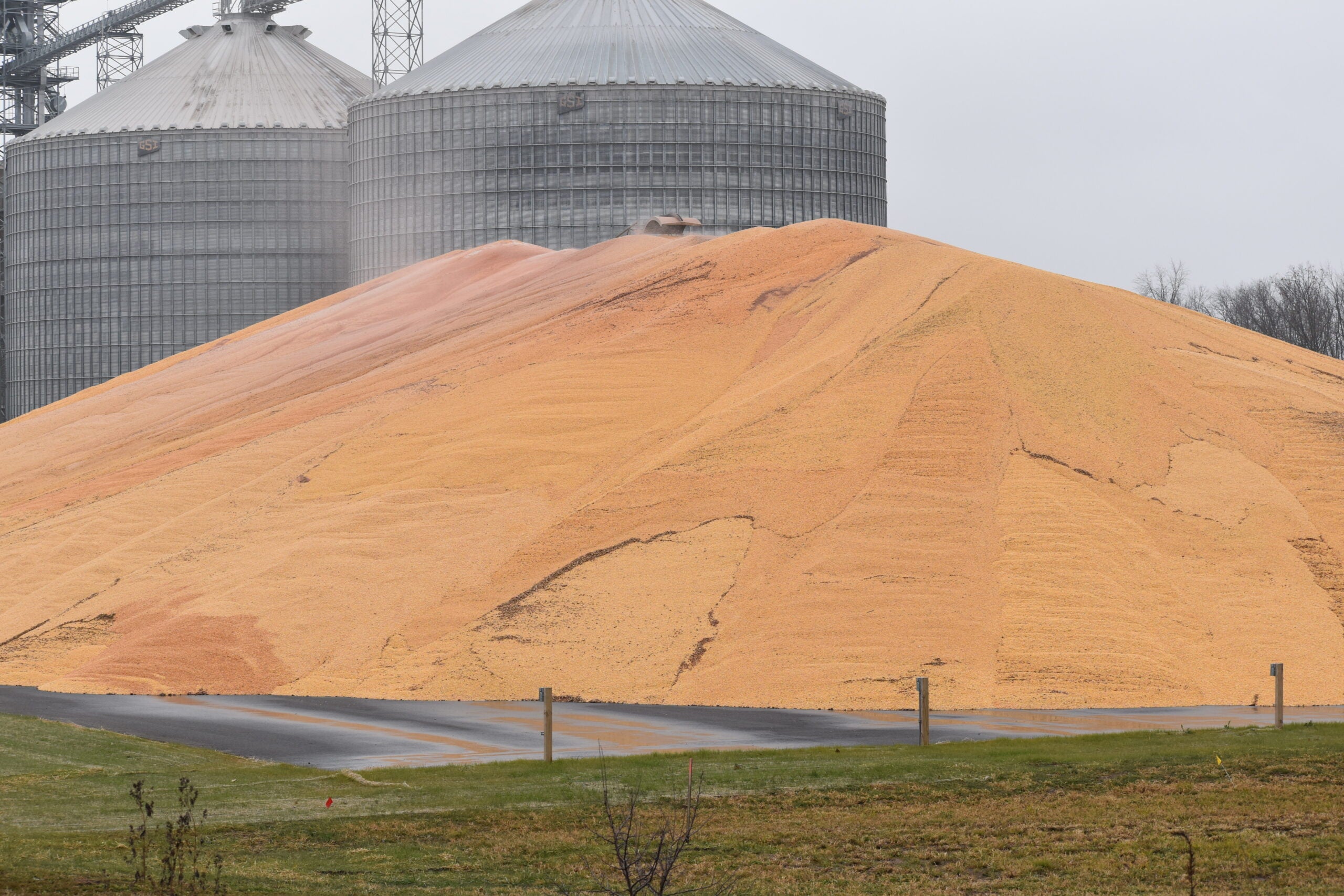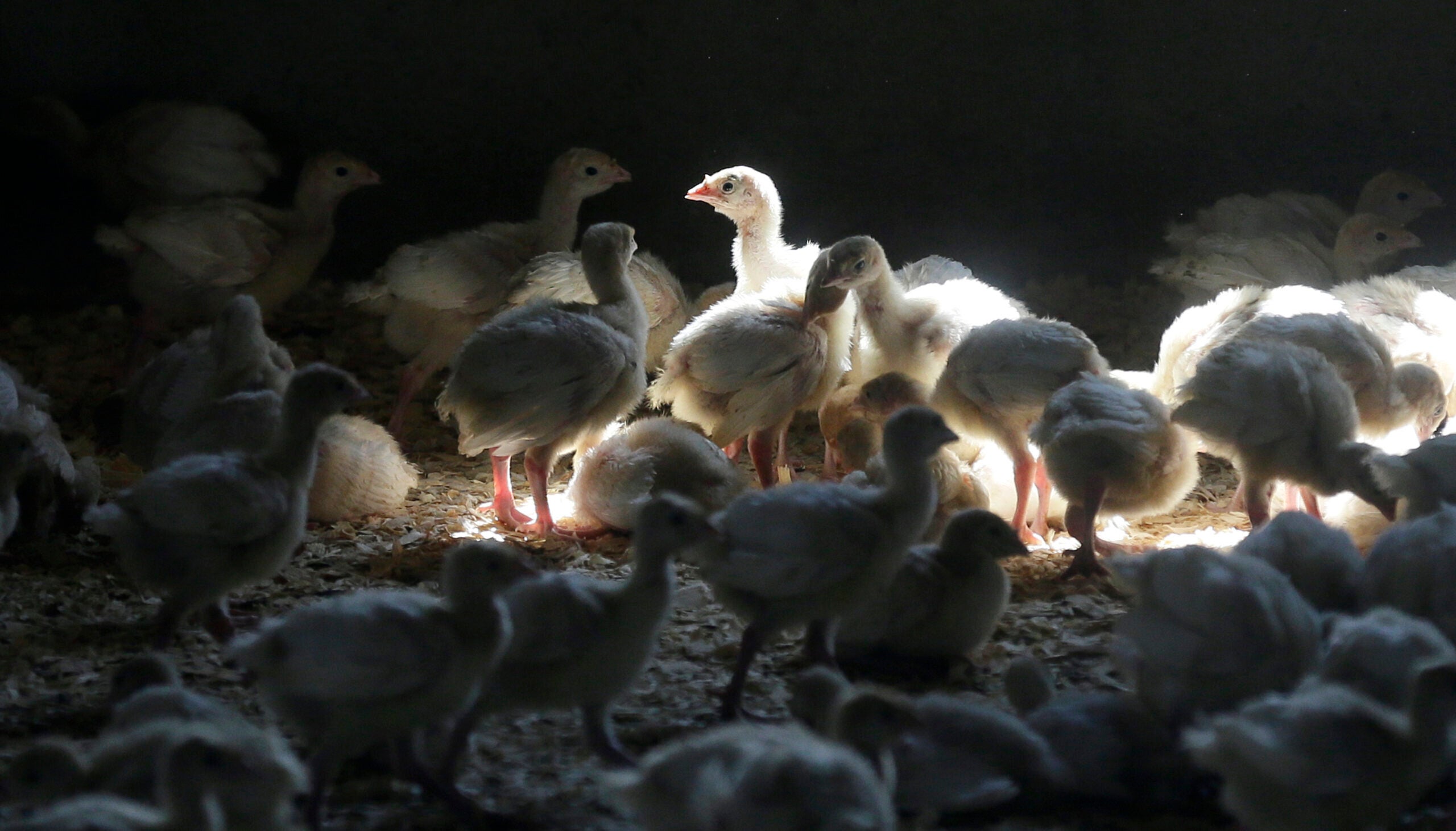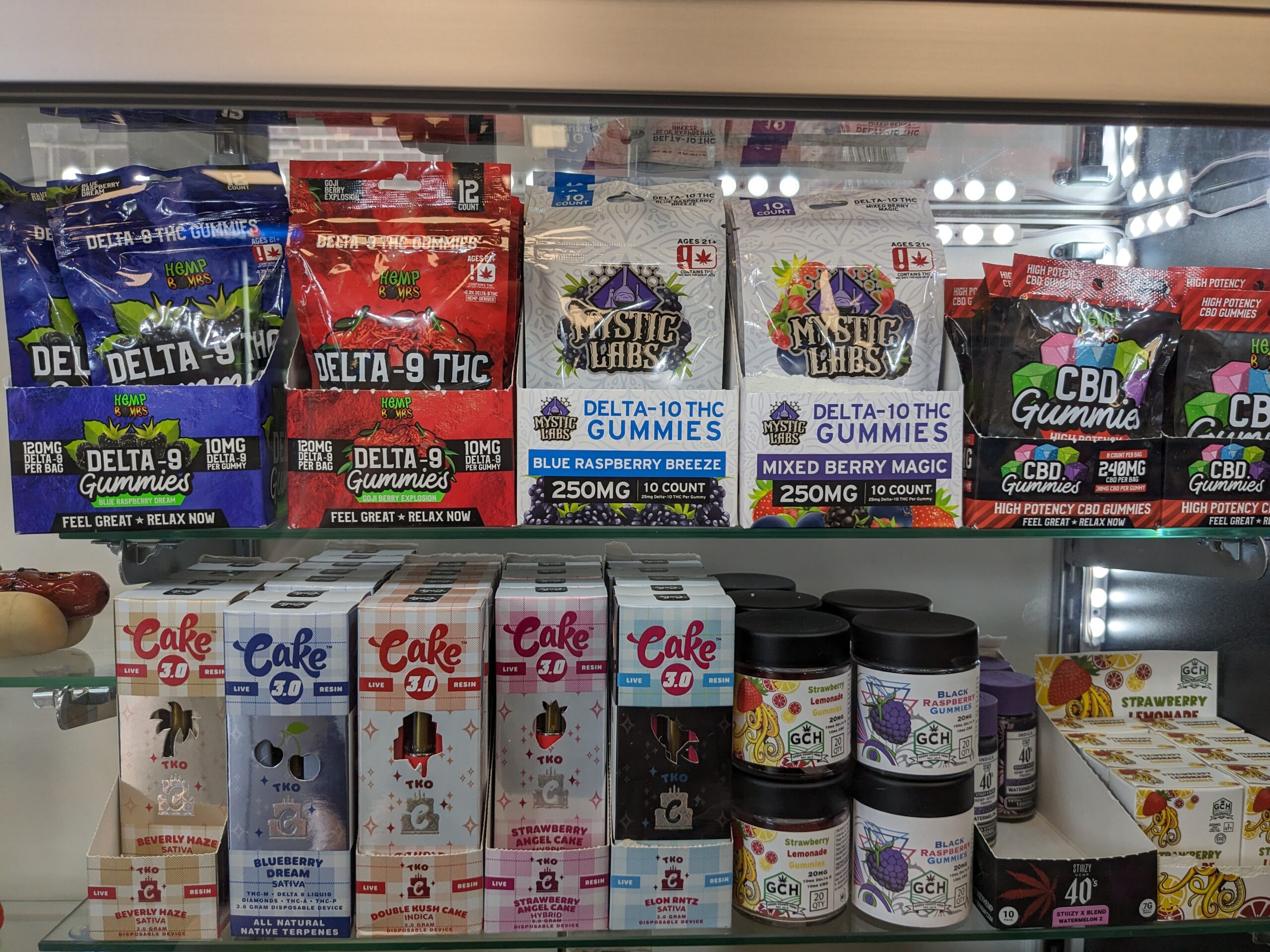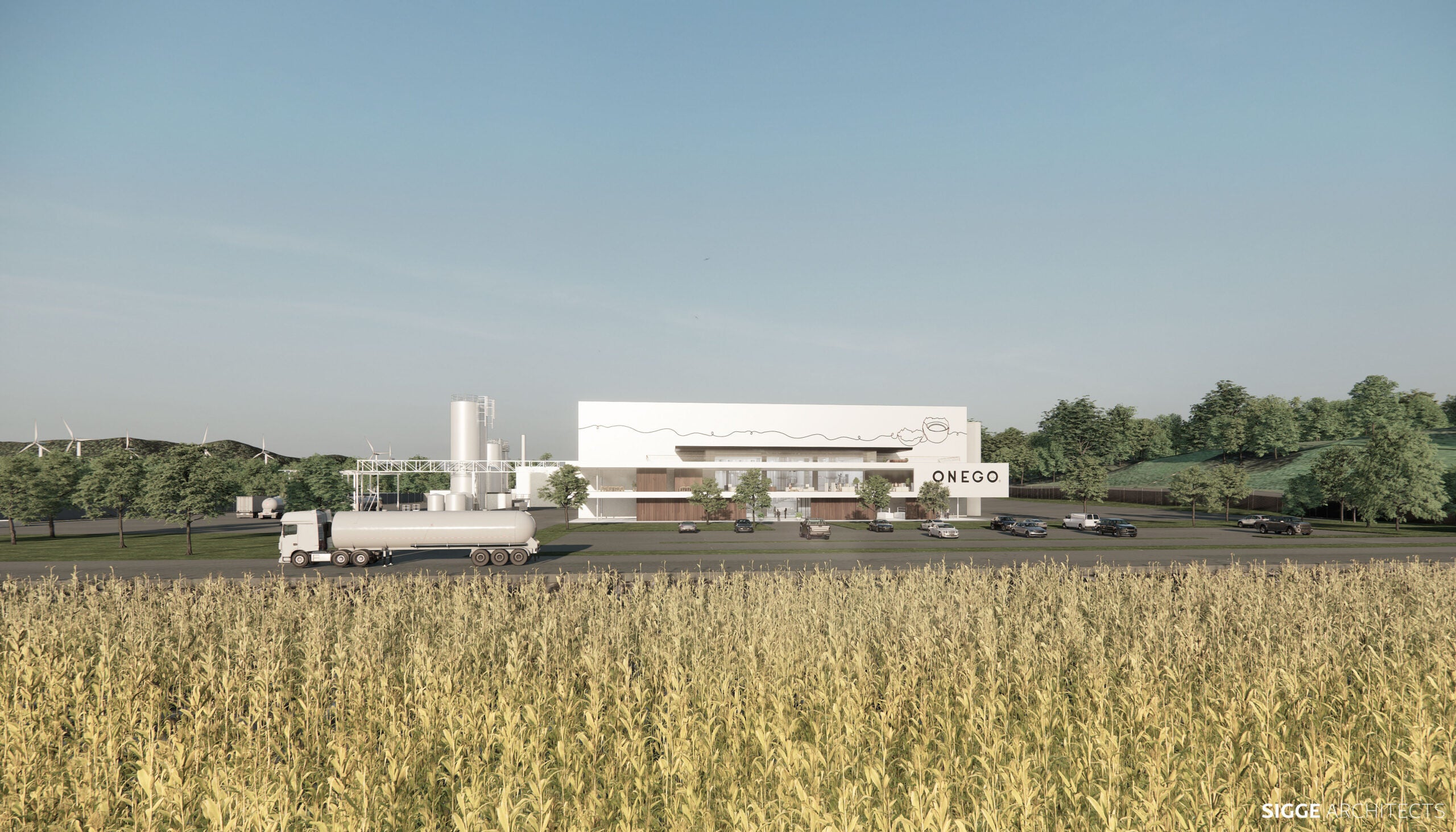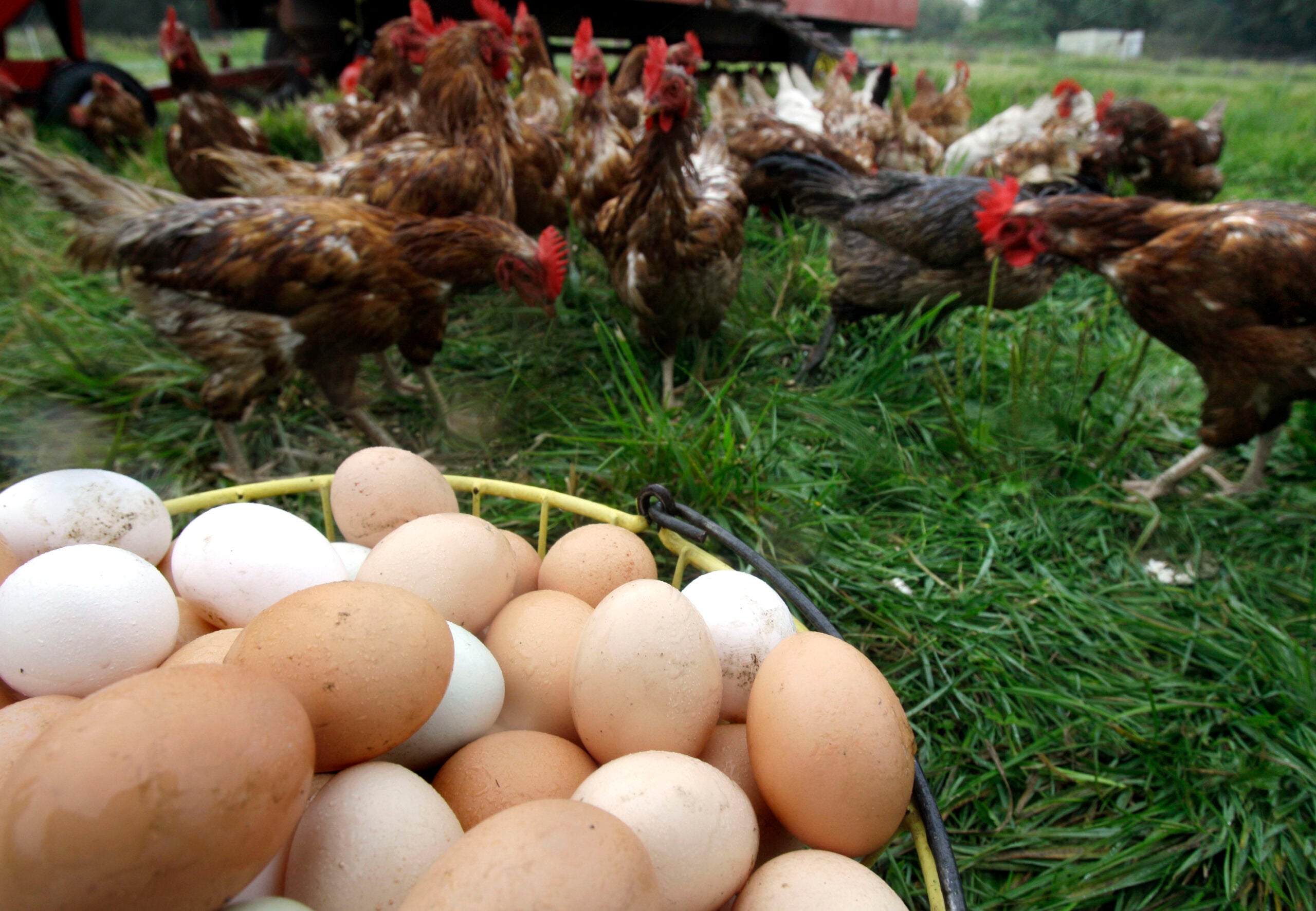Wisconsin egg producers are facing major changes in 2020 as cage-free production grows.
The latest data from the U.S. Department of Agriculture shows Wisconsin farms produced 193 million eggs in November. That’s about 19 percent higher than in 2018 and the second month in a row that the state’s producers have set a new record high.
Nick Levendoski, president of the Wisconsin Poultry and Egg Industries Association, said continued demand for eggs produced in cage-free environments from big corporations like McDonald’s has helped Wisconsin producers expand.
News with a little more humanity
WPR’s “Wisconsin Today” newsletter keeps you connected to the state you love without feeling overwhelmed. No paywall. No agenda. No corporate filter.
“Large-scale egg producers in Wisconsin have had the ability to ramp up to meet those changing consumer demands,” Levendoski said. “Those companies made some substantial investments in facilities, both in processing and production, to meet those customer requirements and it’s definitely being noticed in the continuing record number of eggs.”
Levendoski said the growth will likely continue into 2020 as more of these facilities begin operation. But he doesn’t expect companies to continue expanding their businesses.
But some egg producers say the increased growth of cage-free production will have a more long-term impact on the industry.
Scott Schneider owns Nature Link Farms in Jefferson and has produced cage-free eggs for the last 15 years.
“It seems to me anyway that that will be sort of the standard in the future, whereby most egg production will be cage-free,” Schneider said. “The big purchasers of eggs, the McDonald’s, the mayonnaise companies, those types of uses for eggs and egg products, those will be the ones that will start leading the pack. And I think it will take a little bit longer for the retail consumer to really start making those decisions to purchase cage-free eggs when they go to the grocery store.”
Schneider said smaller farms like his will need to find new ways to differentiate their products, like using free-range production or transitioning to organic.
He said he’s currently looking into developing his own brand of eggs to sell directly to consumers.
“We have been, for the last several years, selling mostly wholesale where other companies will process our eggs and put their own label on them,” Schneider said. “Now, it’s maybe going to force us to get out of our comfort level and probably start pursuing different business ventures. And you know, that’s always scary and it’s not a guarantee of success either.”
Levendoski said Wisconsin continues to be a leader in specialty egg production, thanks to a large number of small-scale farms and the availability of organic grain.
Wisconsin Public Radio, © Copyright 2025, Board of Regents of the University of Wisconsin System and Wisconsin Educational Communications Board.

